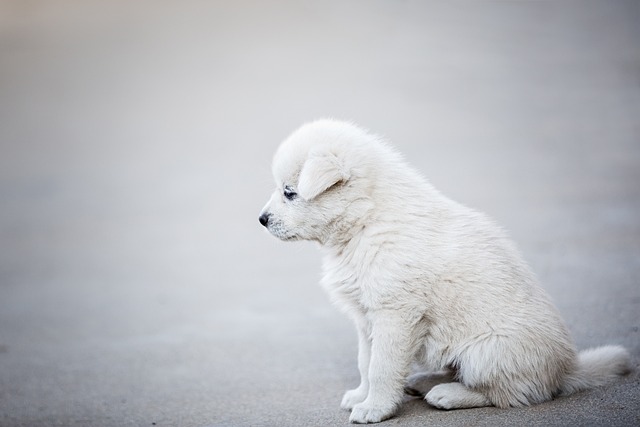
How can I tell if my dog's heatstroke is serious
Let’s be real: It’s a sticky August morning in Los Angeles, and you took your 2-year-old Golden Retriever, Max, for a walk a little later than usual
Finding loose fur on your puppy’s bed or your couch can make any new owner pause—wondering if it’s a sign of trouble or just part of growing up. The good news is, for most puppies, some hair loss is totally normal, especially as they transition from their soft baby coat to their adult fur. This usually starts around 4 to 6 months old and can last a few weeks, with more shedding in warmer months as they shed their winter layer.
How much they shed depends on their breed, too. Double-coated breeds like Huskies or Golden Retrievers will lose more fur during this “coat blow” phase, while short-haired breeds might have lighter, more consistent shedding. You can help keep it manageable by brushing them gently a few times a week—using a soft bristle brush or a rubber grooming tool that’s kind to their sensitive skin. Regular brushing also helps bond with your puppy, turning a chore into a sweet moment together.
But not all hair loss is normal, and knowing the difference matters. If you see bald spots, red, itchy skin, or your puppy is scratching so much they’re hurting themselves, that’s a sign to check in with a vet. These could be signs of allergies (to food, pollen, or even their bed linens), parasites like fleas or mites, or skin infections—all of which need professional care to treat properly.
 Following local pet health guidelines can also help here. Many areas recommend regular vet checkups for puppies (usually every 3 to 4 weeks until they’re 16 weeks old) where your vet can check their skin and coat health. They can also advise on the right food—since a diet lacking in omega-3 fatty acids can make fur dull and more prone to falling out. Feeding a high-quality puppy food that meets regional nutritional standards is key to keeping their coat strong.
Following local pet health guidelines can also help here. Many areas recommend regular vet checkups for puppies (usually every 3 to 4 weeks until they’re 16 weeks old) where your vet can check their skin and coat health. They can also advise on the right food—since a diet lacking in omega-3 fatty acids can make fur dull and more prone to falling out. Feeding a high-quality puppy food that meets regional nutritional standards is key to keeping their coat strong.
Avoid the urge to use human shampoos or harsh grooming products on your puppy, too. Their skin is much thinner than ours, and these products can strip away natural oils, leading to dryness and more shedding. Stick to pet-specific shampoos that are formulated for puppies—you can ask your vet or a local pet store staff for recommendations that fit your puppy’s needs.
At the end of the day, a little loose fur is just part of loving a puppy—proof they’re growing and thriving. But staying attentive to changes in their coat or skin shows you’re being the best owner you can be. Whether it’s a quick brush session or a vet visit, every step you take to care for their fur is another way to keep your puppy happy, healthy, and cozy in their own skin.

Let’s be real: It’s a sticky August morning in Los Angeles, and you took your 2-year-old Golden Retriever, Max, for a walk a little later than usual

You're enjoying a summer afternoon at the park when you notice your dog has stopped panting and appears disoriented - their gums are bright red

Let’s paint the picture: You’re in your Denver apartment, watching your 4-year-old Boston Terrier, Ruby, plop down mid-play session with her favorite toy

Many dog owners notice their pets nails seem shorter after regular walks,but how much does this daily activity actually help?The answer depends on where you walk—concrete sidewalks or asphalt streets gently file nails as a dog's paws hit the ground

Most dog owners notice their pup scooting across the carpet at some point, but few connect it to impacted anal glands. These small sacs near a dog’s rectum secrete a scent for marking territory

Most vets agree that regular dog teeth cleaning is key to avoiding painful dental issues later. For healthy adult dogs, a professional cleaning at the vet’s office every 12 to 18 months usually works well.